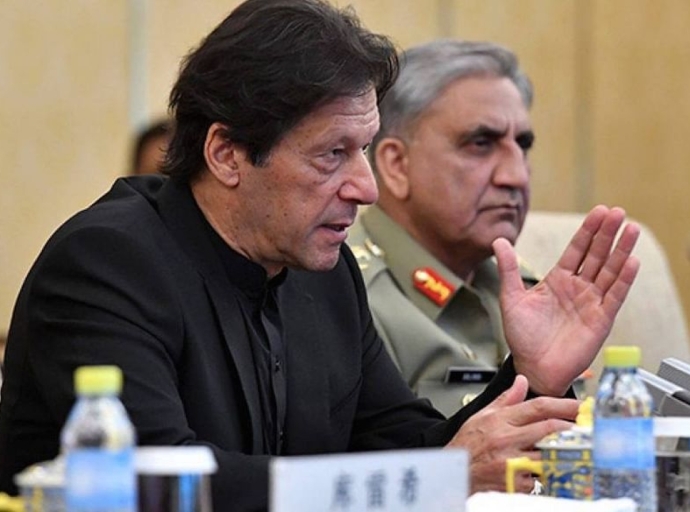Organic Trade Association expects the Indian organic cotton industry to grow by 10 per cent in ‘21. According to the association, the industry grew by 31 per cent in the past one year, reports The Times of India.
Shikha Kumar, Director & Co-Founder, Nino Bambino opines, though growing organic cotton requires huge amount of water, there has a been an exponential growth in its cultivation over the years. Ahmedabad is particularly popular for its cotton textile production.
Another largely concentrated cotton-growing area is Mumbai, Maharashtra. There are many factors behind these cities becoming popular for their cotton production and some of them include cheap labour, humid climate, and to port facility.
According to Economic Times, the rates of organic cotton have increased by 8 to 12 percent or say 356/kg each. Major contributors of organic cotton across the globe are India, China, Turkey, Kyrgyzstan, Uganda, Greece, Benin, Peru, Pakistan, Thailand, and few other countries. The crop is grown using such materials and methodologies that have very little impact on the environment.

_thumbnail.jpeg)
























